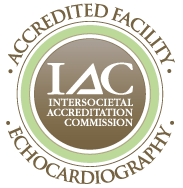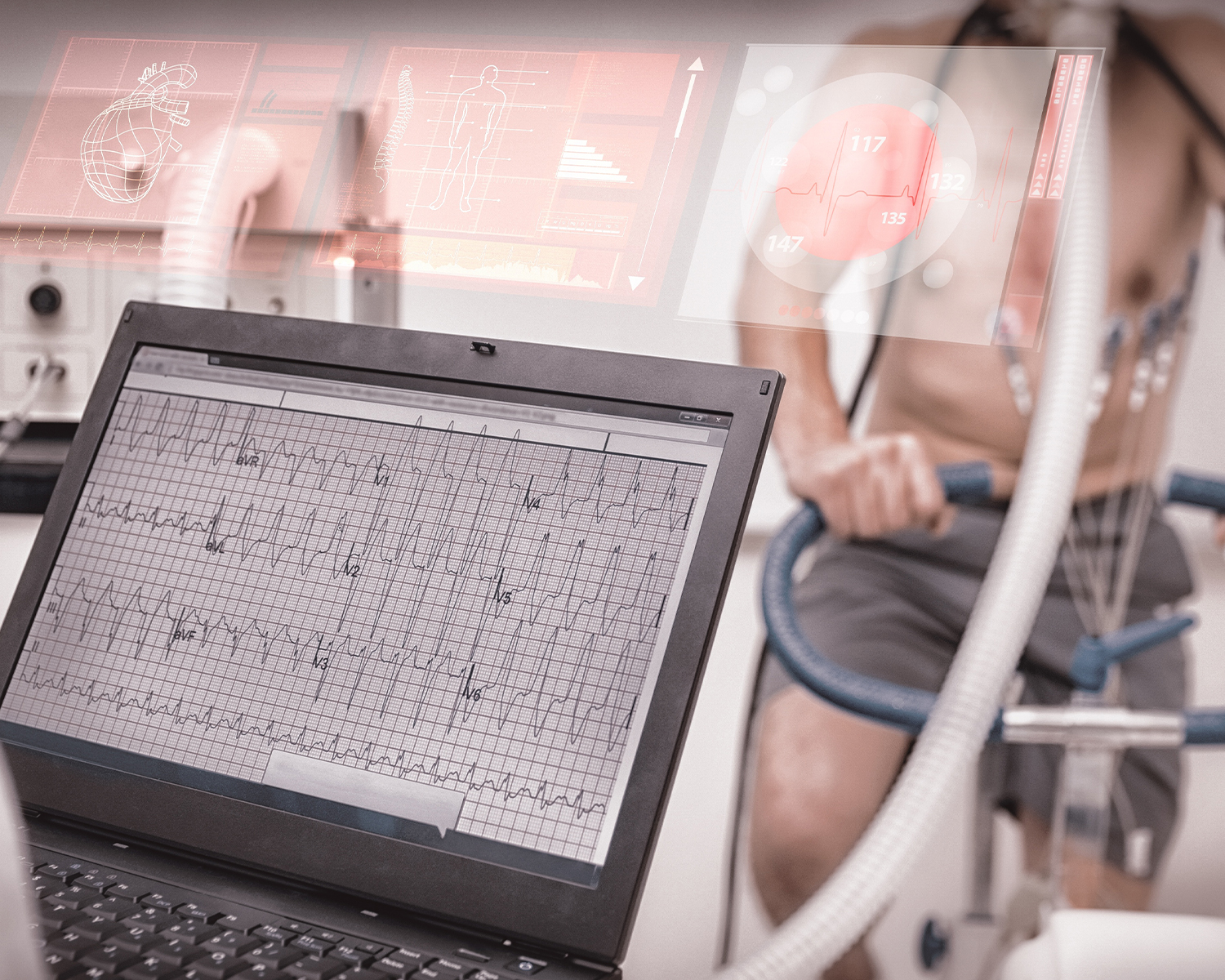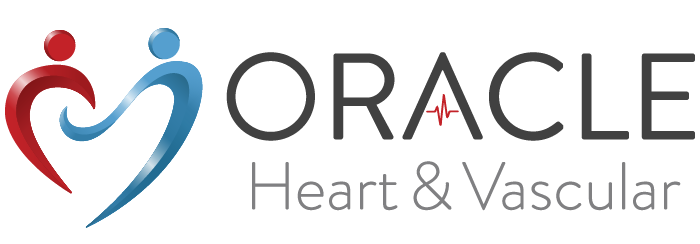Cardiovascular Diagnostics
Different types of tests give your provider necessary and helpful insights into your cardiovascular condition. These insights will in turn assist in identifying your specific needs in order to formulate a personalized care plan.
We value testing technology to empower patients and providers in maximizing results.
Here are some common tests your provider may ask you to have:
Common cardiovascular blood testing panels include lipid profiles, serum electrolytes, and specific cardiac biomarkers which are specific proteins in the blood that can reflect cardiovascular disease. Most commonly used laboratories in our area include Quest Diagnostics, LabCorp, and Mary Washington Healthcare Laboratories. We are equipped to use the facility of your personal or insurance preference.
With each beat of your heart, an electrical impulse (or “wave”) travels through it causing the muscle to squeeze and pump blood. An ECG measures this electrical activity. It is very useful to diagnose abnormal heart rhythms called arrhythmias. Sometimes it can be helpful to diagnose a myocardial infarction or “heart attack.”
A chest x-ray takes pictures of the heart, lungs, and bones of the chest to determine whether the heart is enlarged or if the fluid is accumulating in the lungs as a result of a heart attack.
An echocardiogram is performed using sound waves (ultrasound) to record images of your heart size, structure, and function. This test is performed with an ultrasound probe on your chest to look at the cardiac structure as well as evaluate heart movement and function. Oracle Heart & Vascular’s Echocardiography lab is fully accredited by the Intersocietal Accreditation Commission (IAC) – a designation reflecting a pursuit of excellence and quality care.
This test is performed to evaluate the veins or arteries in either the upper or lower extremities. This safe and painless procedure uses sound waves to visualize arteries and veins to diagnose problems of blood flow through them.
An exercise stress test involves obtaining a continuous ECG reading while the patient “stresses” the cardiovascular system. During this test, you will be connected to an ECG heart monitor and asked to walk on a treadmill. The speed and incline of the treadmill will be increased slowly. This will provide information on how your body responds to physical activity. The stress ECG may provide information about blood flow to the heart muscle. Sometimes imaging of the heart can be done at the same time using a nuclear camera, and this is called a “nuclear stress test.”
A nuclear stress test uses radioactive dye and a nuclear imaging camera to create pictures showing the blood distribution or “perfusion” to your heart muscle. Nuclear perfusion imaging can be used to diagnose underlying coronary artery disease.
A Holter monitor is a battery-operated portable device that measures records your heart’s electrical activity continually for 24 to 48 hours or longer. The Holter monitor can be used to identify arrhythmias in patients who experience palpitations.
The ankle-brachial index is a screening test where blood pressure cuffs are used to calculate the ratio of the blood pressure at the ankle against the blood pressure in the upper arm. This test is performed often if a patient complains of pain or cramping in their legs, especially during activity. It is useful to identify problems with circulation in your extremities.

Oracle Heart & Vascular is accredited by Intersocietal Accreditation Commission (IAC) to perform Echocardiography (ECHO).
This test is an important diagnostic evaluation of the heart movement and function. Our accreditation was granted based on our staff’s training as well as experience of both the operator performing the procedure and the interpreting physician’s. They further examine the type of equipment used, adherence to specific guidelines and numerous quality assessment metrics. We are grateful to our team and lead technologist – Kevin Wirtz, RDCS – for the consistent quality and hard work they devote to patients daily in order to achieve this distinguished achievement.

Test Results
Typically, routine tests are resulted in 72 hours. Our clinicians review all test results thoroughly and will consult with your specialist if there is a concern. Upon any abnormal findings, we will promptly contact you. If you have any questions about your test or results, please reach out to our knowledgeable staff during normal business hours.

To email us, use our contact form below:

